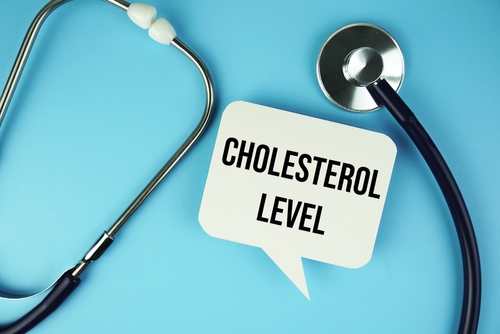What is the Role of Exercise in Managing Cholesterol Levels?
 |
| Cholesterol Levels In today's fast-paced world, where sedentary lifestyles are becoming increasingly common, managing cholesterol levels has never been more crucial. Cholesterol, a waxy substance found in the blood, plays a vital role in various bodily functions. However, elevated levels of cholesterol, particularly low-density lipoprotein (LDL) cholesterol, commonly referred to as "bad" cholesterol, can significantly increase the risk of heart disease and stroke. On the flip side, high-density lipoprotein (HDL) cholesterol, known as "good" cholesterol, helps remove LDL cholesterol from the bloodstream, reducing the risk of cardiovascular diseases. In this blog, we will delve into the significance of exercise in managing cholesterol levels and explore how it contributes to overall heart health. Understanding
Cholesterol Levels: Before delving into the role of exercise, it's essential to understand the significance of maintaining optimal cholesterol levels. Routine cholesterol tests, such as those available in Medway, Dartford, and Bexley, provide insights into an individual's cholesterol profile, enabling proactive measures to manage it effectively. A cholesterol blood test is a valuable tool in assessing LDL, HDL, and total cholesterol levels, allowing healthcare professionals to tailor interventions accordingly. The Impact of
Exercise on Cholesterol: Regular physical activity is a cornerstone of heart health, and its benefits extend to managing cholesterol levels. Engaging in aerobic exercises, such as brisk walking, jogging, cycling, or swimming, can significantly impact cholesterol levels. How does it work? Exercise stimulates the production of ensymes that help move LDL cholesterol from the bloodstream to the liver, where it is metabolised and eliminated. Simultaneously, it boosts HDL cholesterol levels, promoting its protective effects on the heart. Exercise
Benefits Beyond Cholesterol: The benefits of exercise extend far beyond cholesterol management. It helps maintain a healthy weight, reduces blood pressure, enhances insulin sensitivity, and improves overall cardiovascular function. By incorporating regular exercise into your routine, you not only optimise cholesterol levels but also reduce the risk of developing other chronic conditions, such as type 2 diabetes and hypertension. How to Manage
Cholesterol Naturally: Exercise is just one piece of the puzzle when it comes to managing cholesterol levels naturally. A well-rounded approach that includes dietary modifications, such as reducing saturated and trans fats, increasing fibre intake, and consuming heart-healthy foods like fruits, vegetables, and whole grains, is equally important. Additionally, avoiding smoking and limiting alcohol consumption can further support cholesterol management efforts. Making
Exercise a Priority: Incorporating exercise into your daily routine doesn't have to be daunting. Start small by setting achievable goals and gradually increasing the intensity and duration of your workouts. Find activities that you enjoy and enlist the support of friends or family members to stay motivated. Remember, consistency is key when it comes to reaping the benefits of exercise for cholesterol management and overall heart health. Exercise plays a pivotal role in managing cholesterol levels and promoting heart health. By incorporating regular physical activity into your lifestyle, you can optimise your cholesterol profile, reduce the risk of cardiovascular diseases, and improve overall well-being. Combined with other lifestyle modifications, such as dietary changes and avoiding tobacco use, exercise offers a holistic approach to cholesterol management. Take charge of your health today by prioritising exercise and making positive lifestyle choices. Ready to take
control of your cholesterol levels and improve your heart health?
Schedule a cholesterol test in Medway, Dartford, or Bexley with Intrigue
Health today. Our team of experts is here to support you on your journey to
a healthier, happier life. Don't wait until it's too late—invest in your health
now and reap the benefits for years to come. |



Comments
Post a Comment